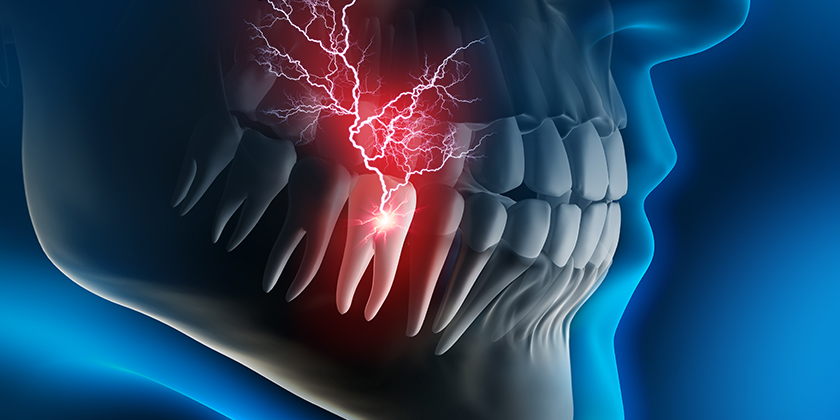Dental emergencies can happen without any warning. These emergencies vary widely and have different causes. For example, a child may fall break a tooth. At times, an abscess may flare up at night and cause so much pain that you have to go to see a specialist immediately. Regardless of the nature of the emergency, there are several things that you should be aware of. Here is what you need to do in case of a dental emergency.
Plan Ahead
Although this is something that you should have done earlier, the ability to plan ahead and anticipate a dental emergency helps when the actual emergency occurs. Planning ahead means having the contact numbers of a qualified and professional dentist at hand. It also means having some form of health insurance that can cover any related costs at hand. You should know in advance that the health insurance policy you have covers dental emergencies and that the insurance is up to date. Planning ahead also means having a first aid kit and some medical supplies in the house that can be used to stop bleeding or control the pain while on your way to see a dentist.
Here are some common emergencies and what to do in case they happen.
Swollen Face
This might suggest an infection of some kind affecting either the gums, bones or teeth. This requires the attention of a dentist immediately as tooth/gum infections can escalate to the point of being fatal. Avoid lying flat and try as much as possible to stay upright. As you wait to see the dentist, ensure that you drink as much water as possible so that you stay hydrated.
Knocked-Out Tooth
When this happens, you should see a dentist straight away. If you seek medical help immediately, there is a possibility that the knocked-out tooth could be implanted back. When you are handling your knocked-out tooth, always hold the tooth by the crown (the top part) and not the root (the lower pointy part). If you handle the root, there is a good chance that you will damage the nerve endings and reduce the chances of the tooth being implanted back.
Bleeding Mouth
There are many reasons why this could happen. If there is blood when you floss or brush, it might suggest gingivitis. If the blood is in the saliva, then it could be a pointer to a more serious condition. Although mild gingivitis is not an emergency, it still needs medical attention and the sooner it is fixed the better. If you are bleeding from the mouth and there is blood in the saliva, see a dentist immediately. If you suspect you have an abscess, see a dentist immediately as well and avoid popping the abscess (swelling on the gum).
Dealing with dental emergencies starts with having a good dentist at hand. Such a dentist is Dr. Alex Rubinov of New York City. Dr. Rubinov is a professional and licensed with years of experience. Contact his practice at (718) 253-0800 for an appointment.


